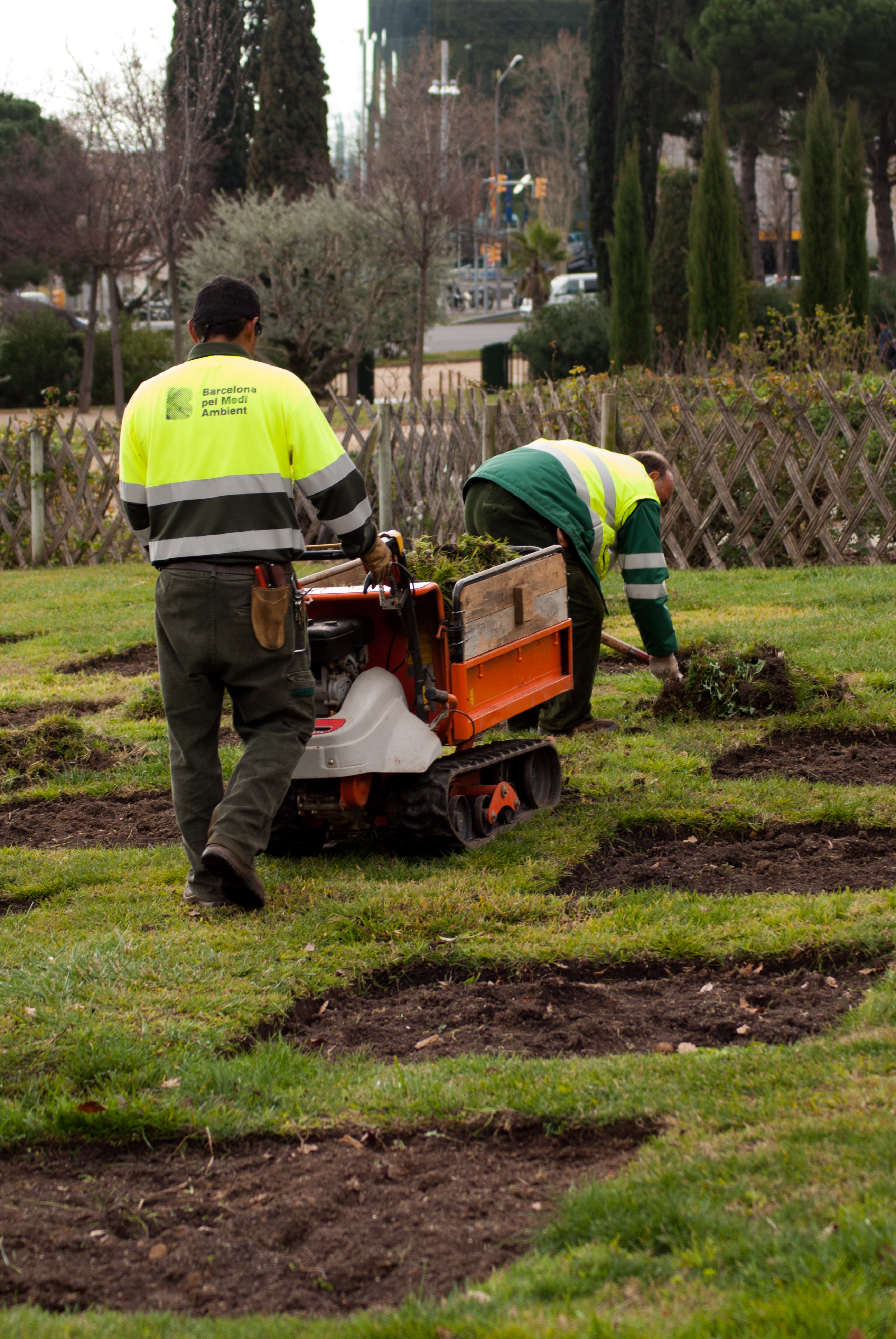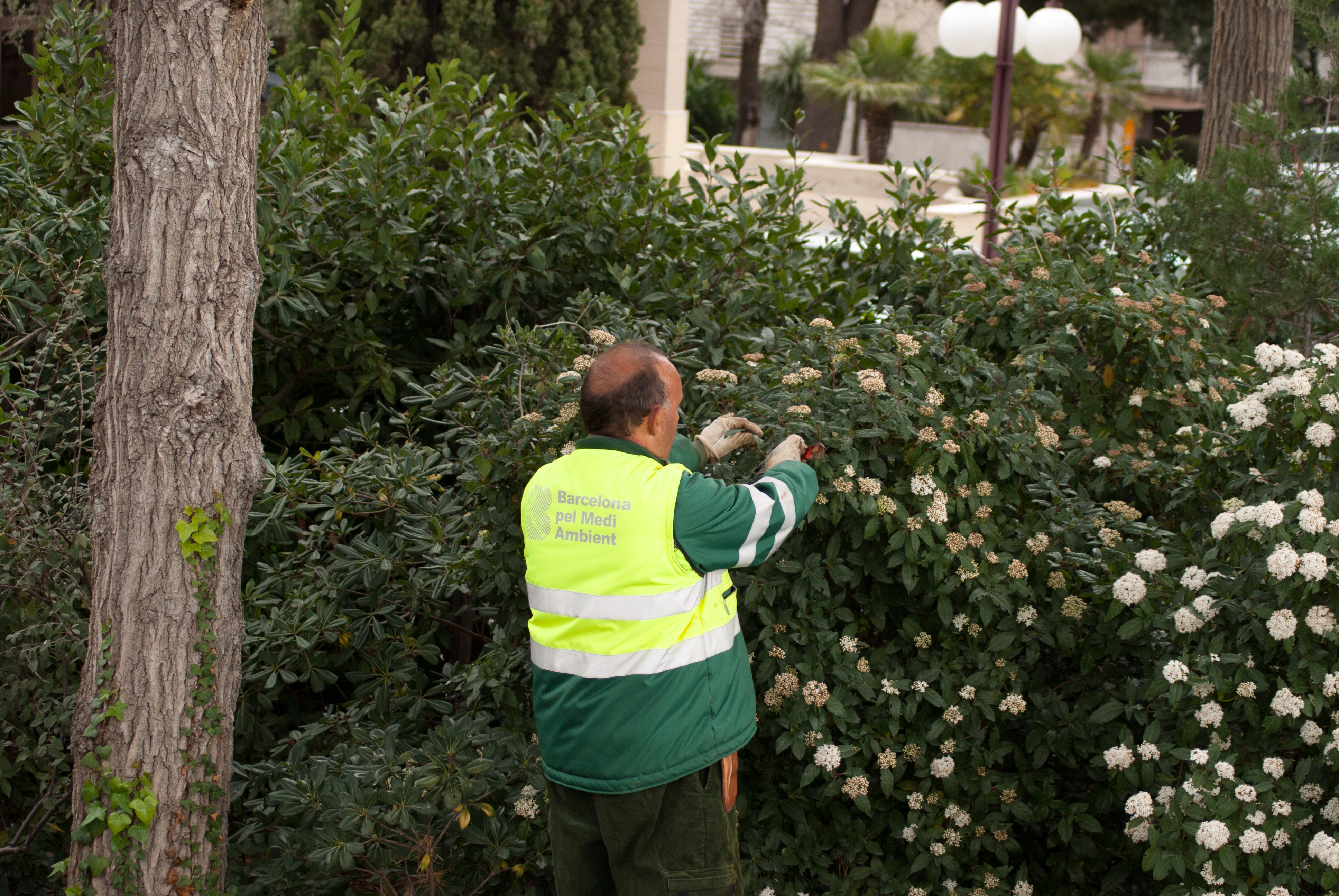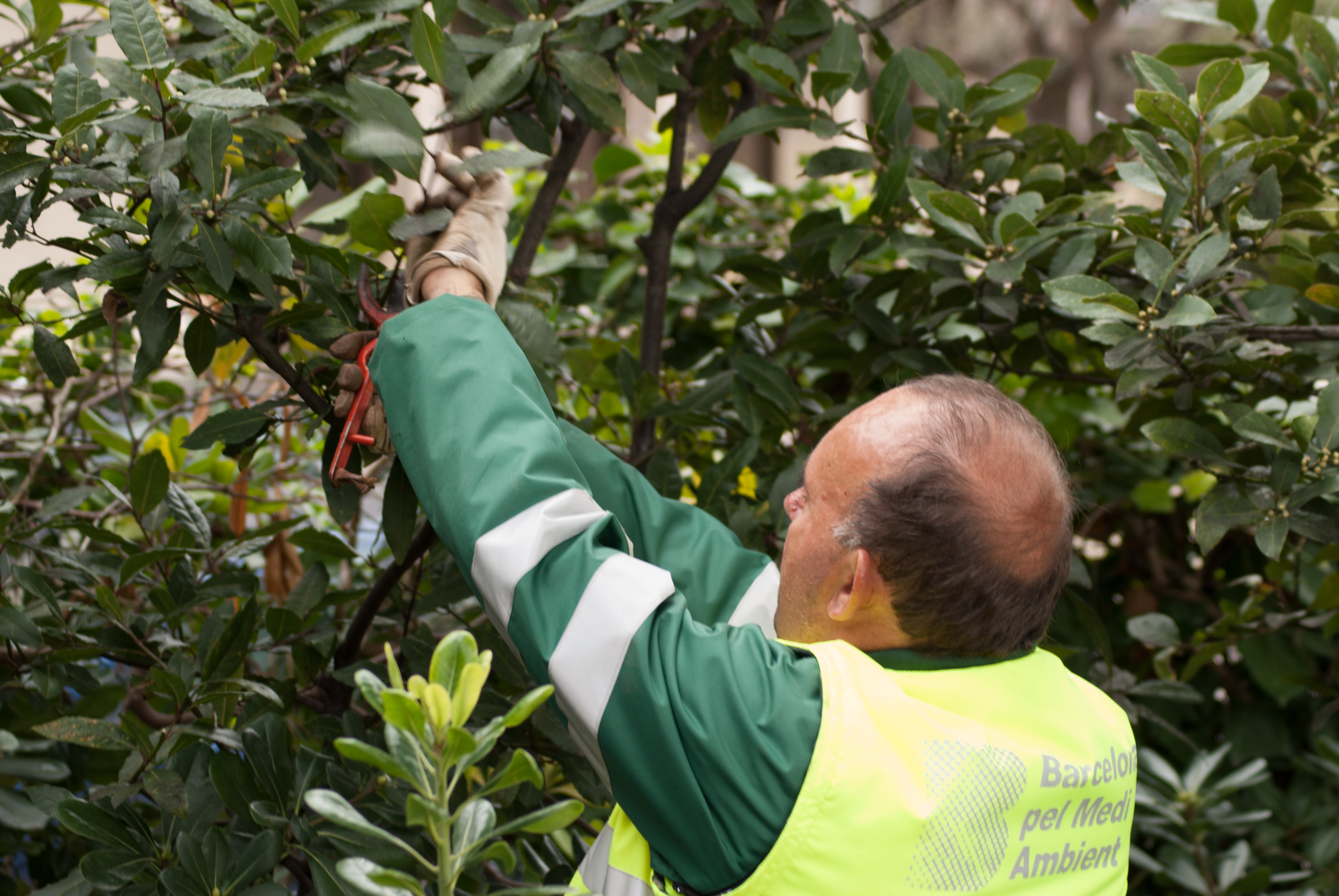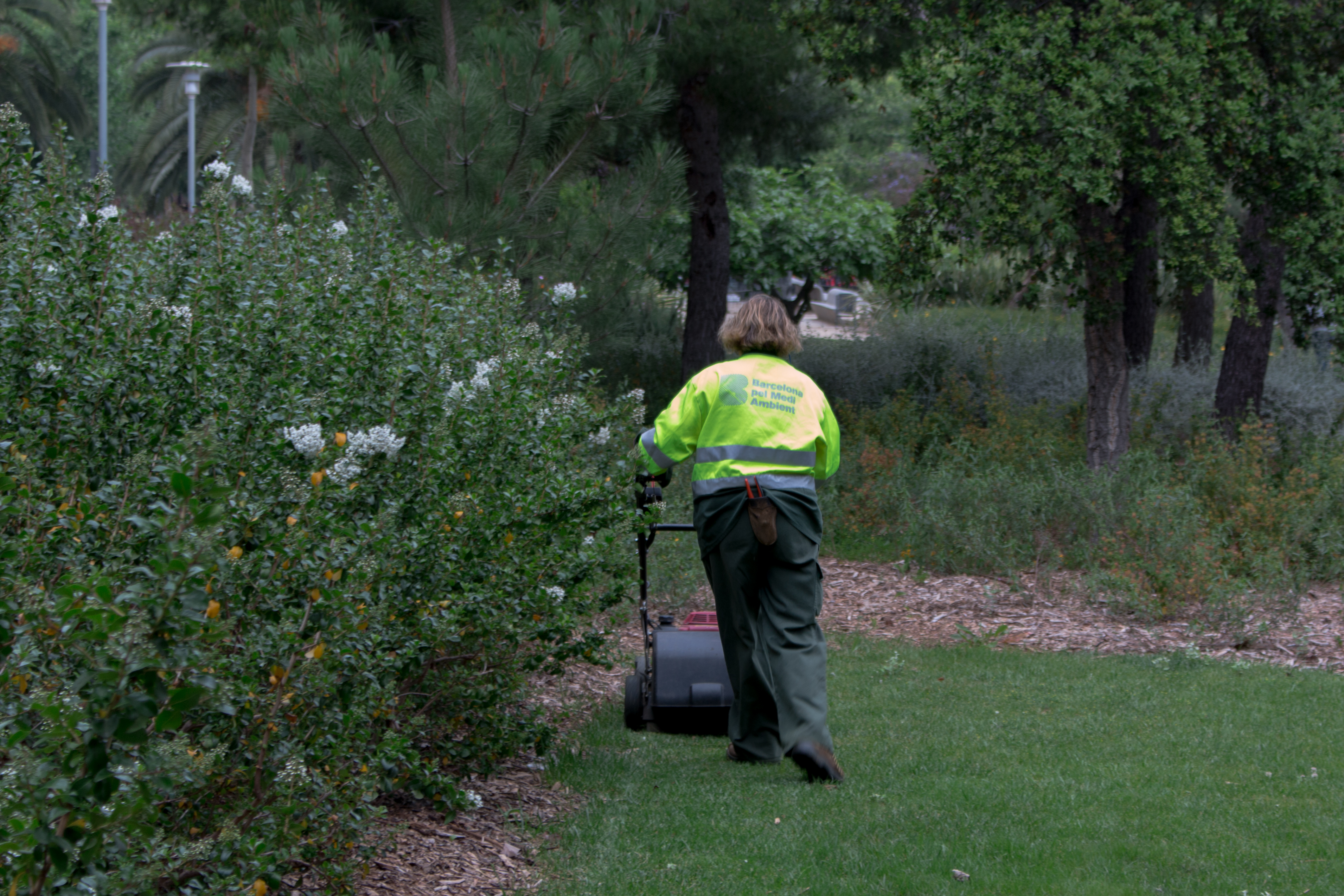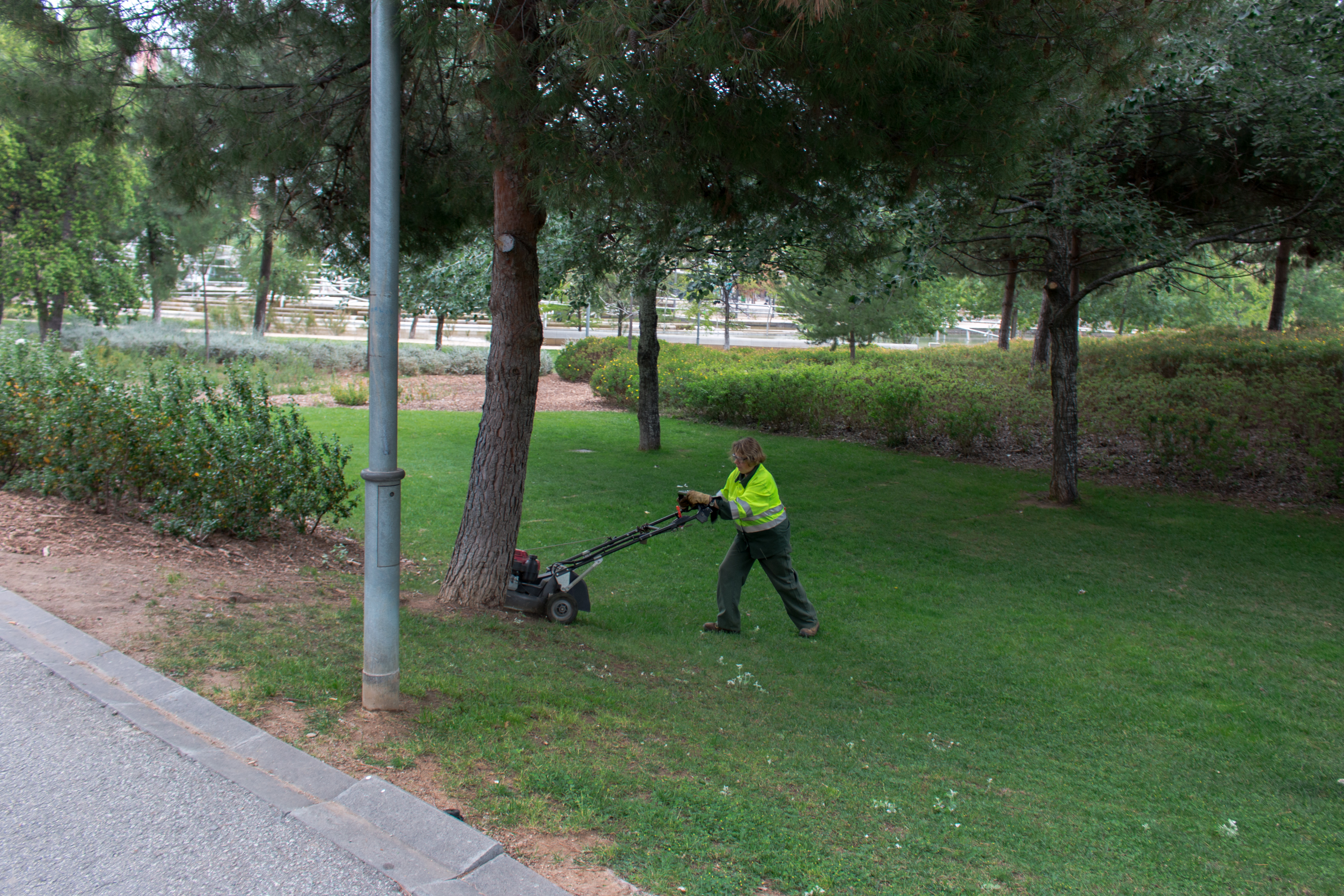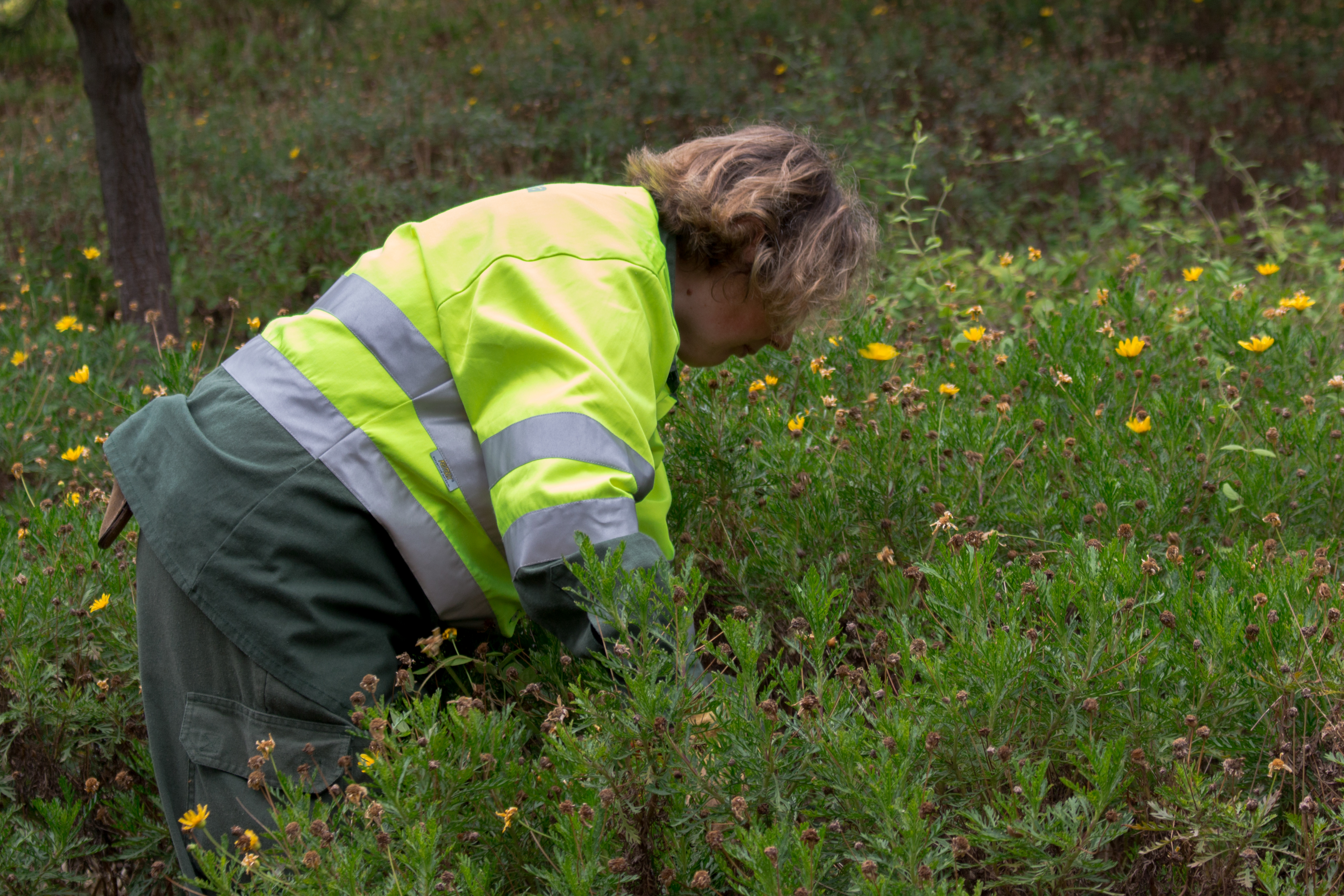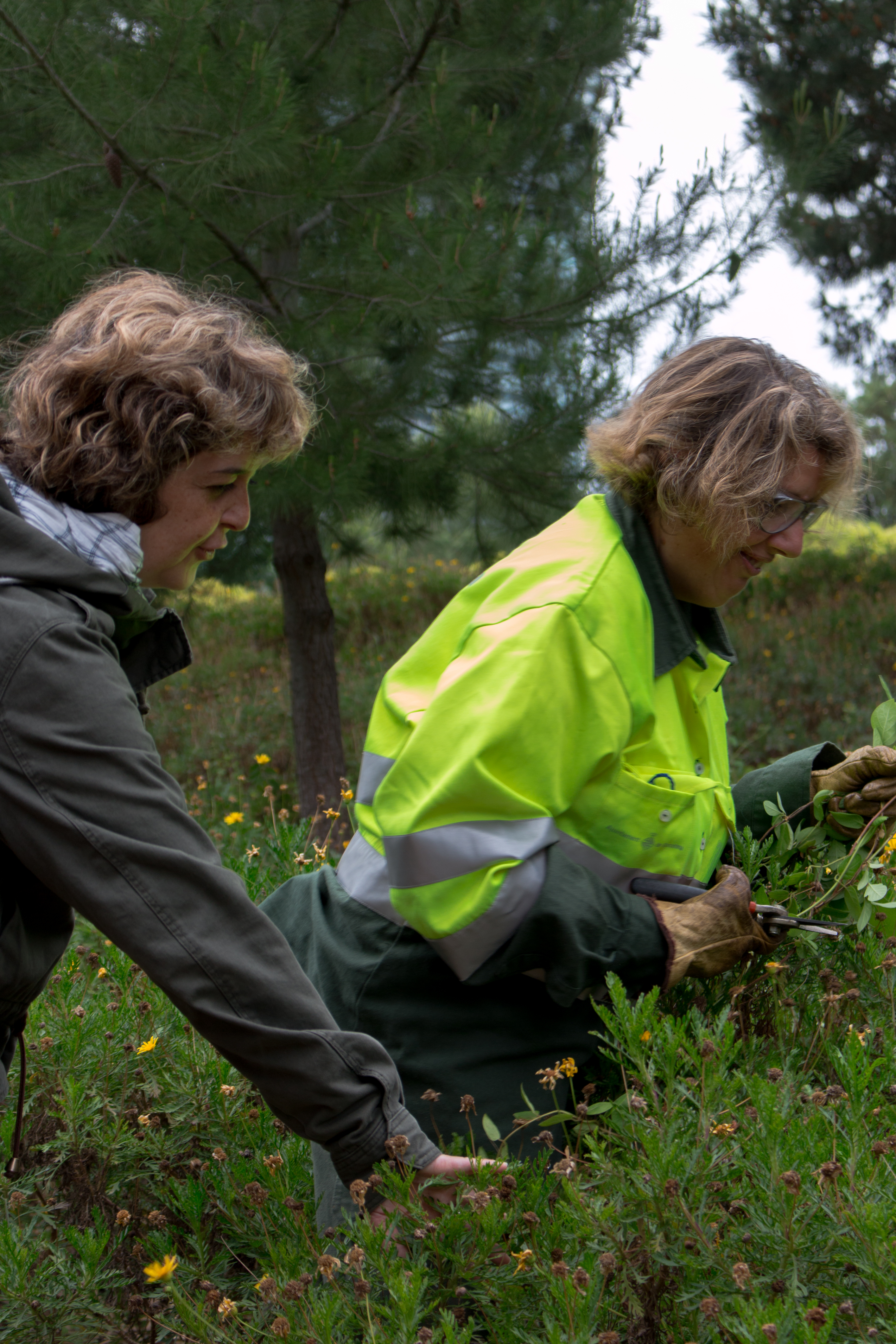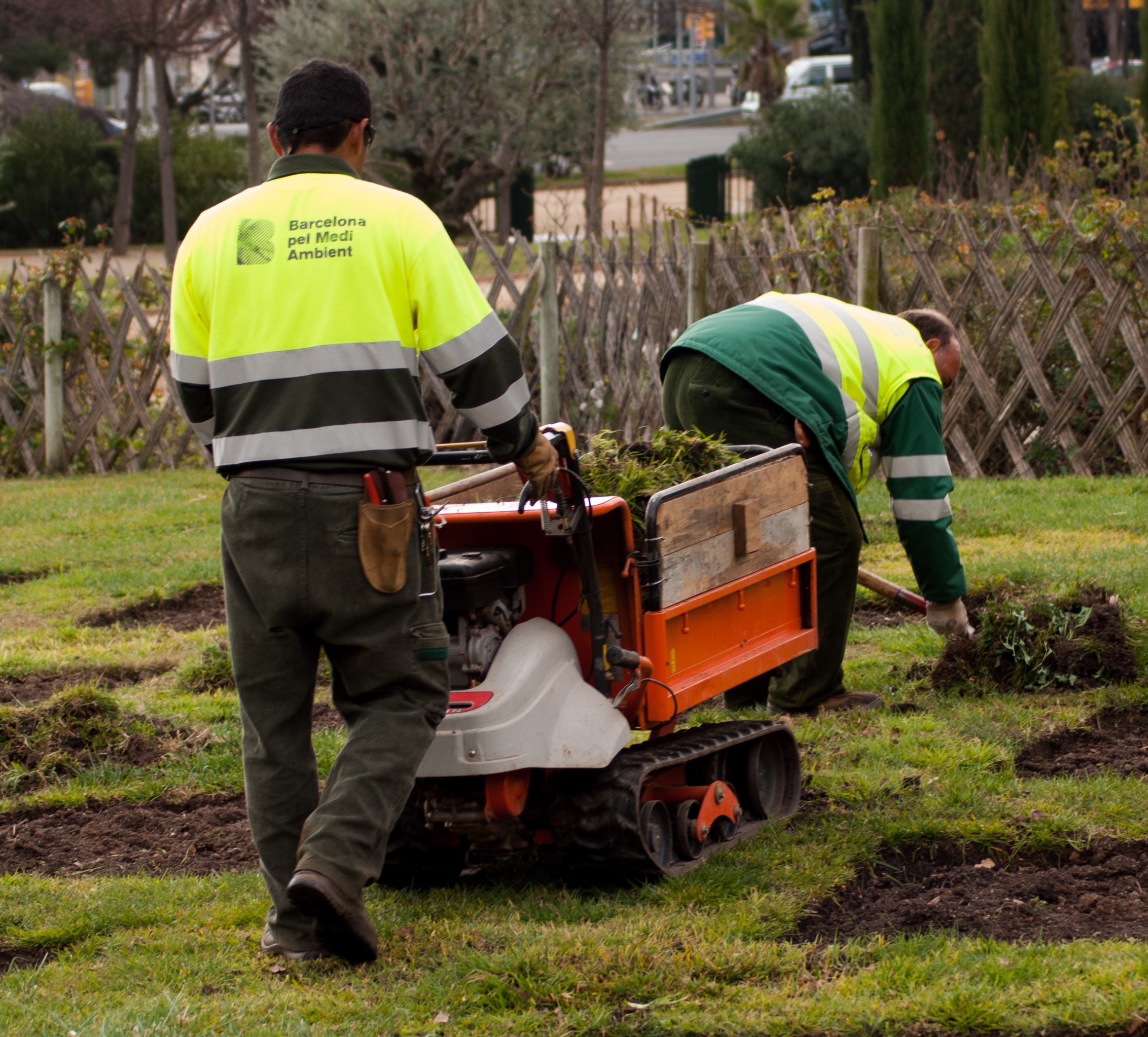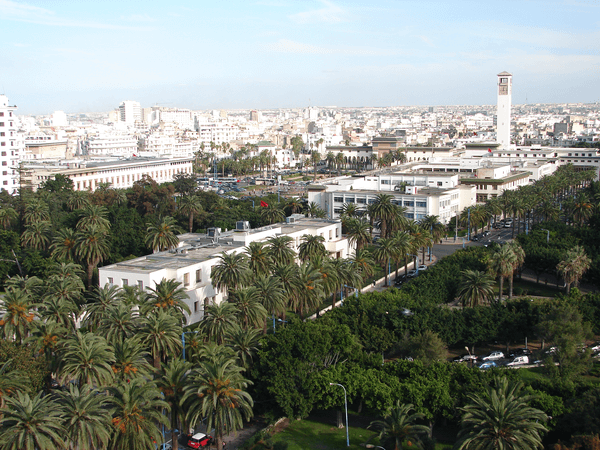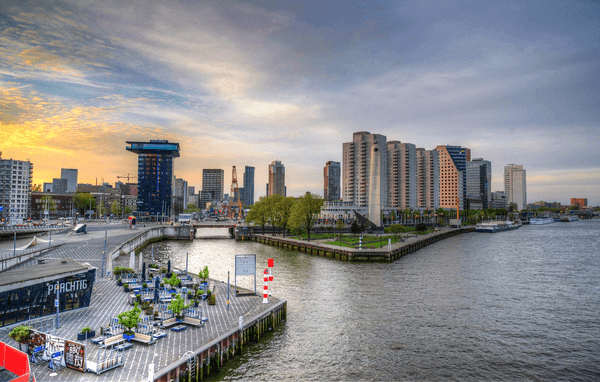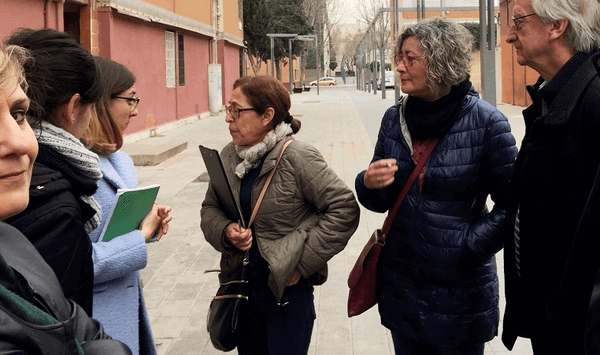City
Barcelona (ciudad)
Main actors
City Government
Project area
Whole City/Administrative Region
Duration
Ongoing since 2008
Successful collaboration between a team specialising in the employment of people with disabilities and the municipal park company has helped provide support to individual employees and made the company itself more responsive to their needs.
‘The Parks and Gardens Municipal Institute’ (PGMI) works together with the ‘employment advisory team’ (EAL) of the Municipal Institute for People with Disabilities to improve the integration of people with disabilities in its workforce. At the beginning of the program in 2009, they reprensented 6,4% of the total workforce.
The EAL team conducts observational visits to assess the work situation of people with disabilities working for the Parks and Gardens Municipal Institute. The project team then provides tailored training to each person and establishes individual action plans. These measures are not just about employment : their aim is to improve the overall quality of life of people with disabilities. The EAL also aims at building the skills of the management staff in working with people with disabilities and to shape the company’s organisational processes.
The partnership has brought an improvement of the working environment in PGMI and has helped improve the quality of the parks maintenance work. In 2012, 8.3% of all PGMI employees were people with intellectual, physical, sensory or mental disabilities.
Originally published by EUROCITIES, the network of 130 European cities - PDF: http://nws.eurocities.eu/MediaShell/media/353-green-web_final.pdf
Categories
External links / documents
On Map
The Map will be displayed after accepting cookie policy
